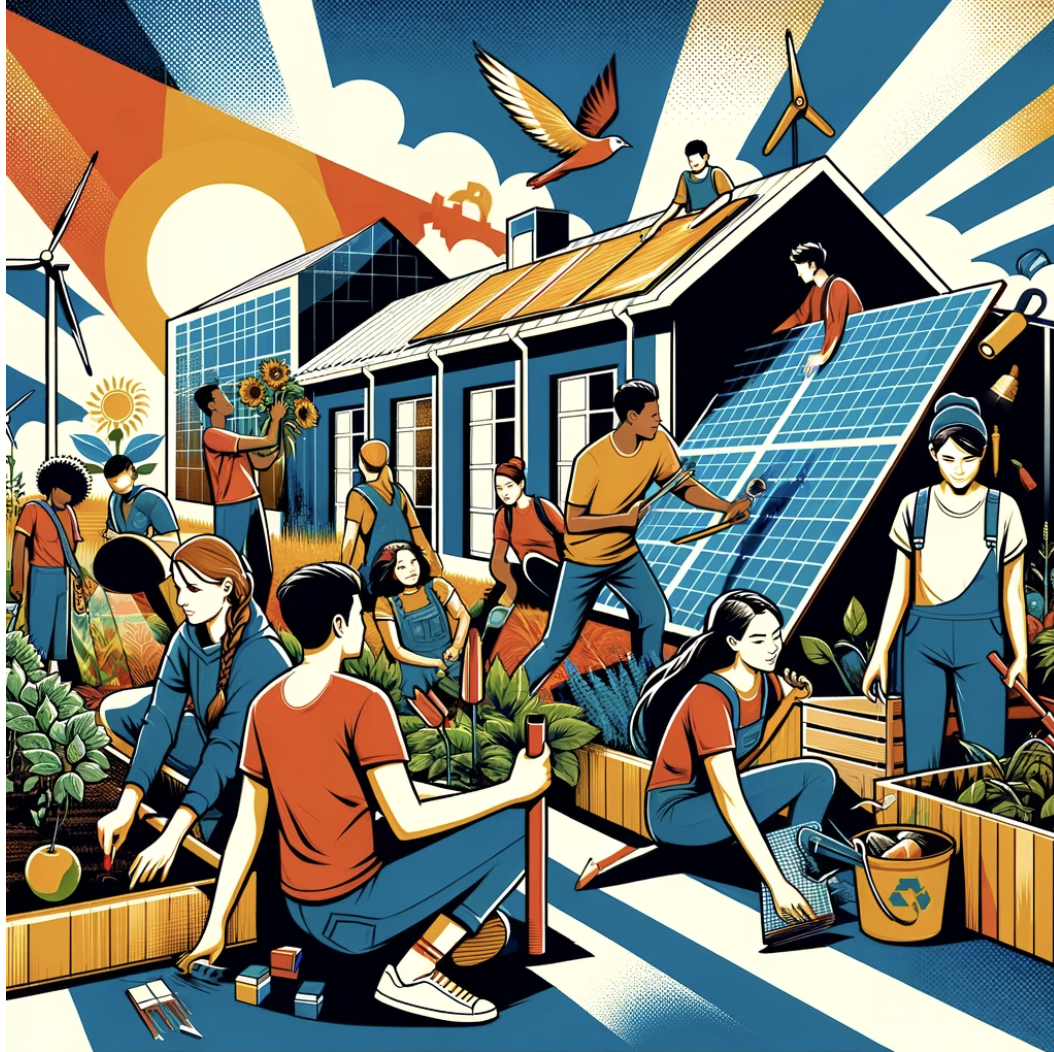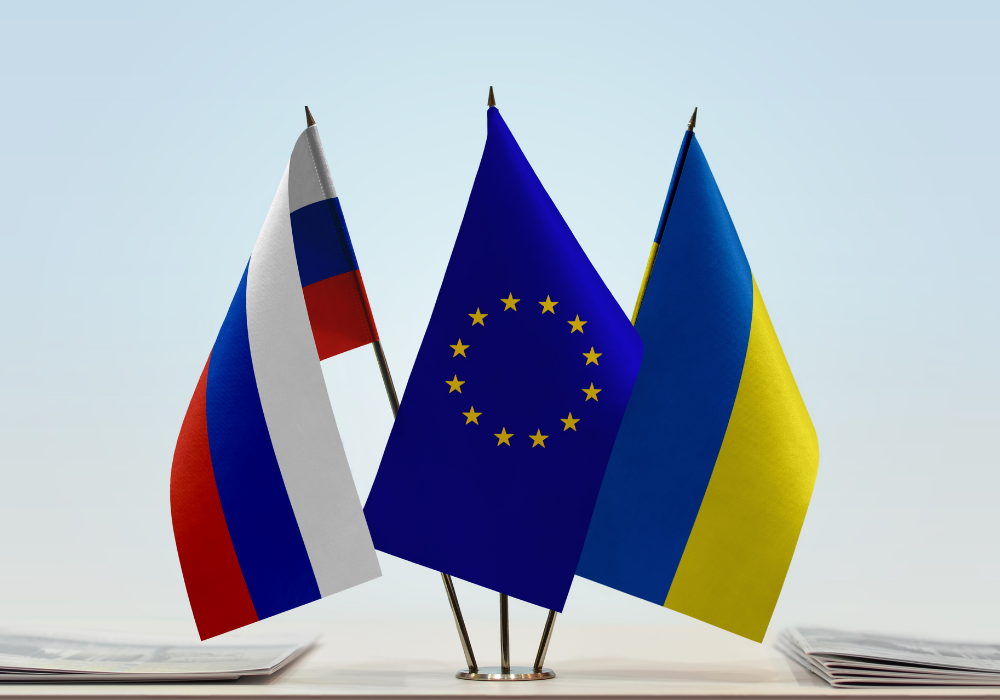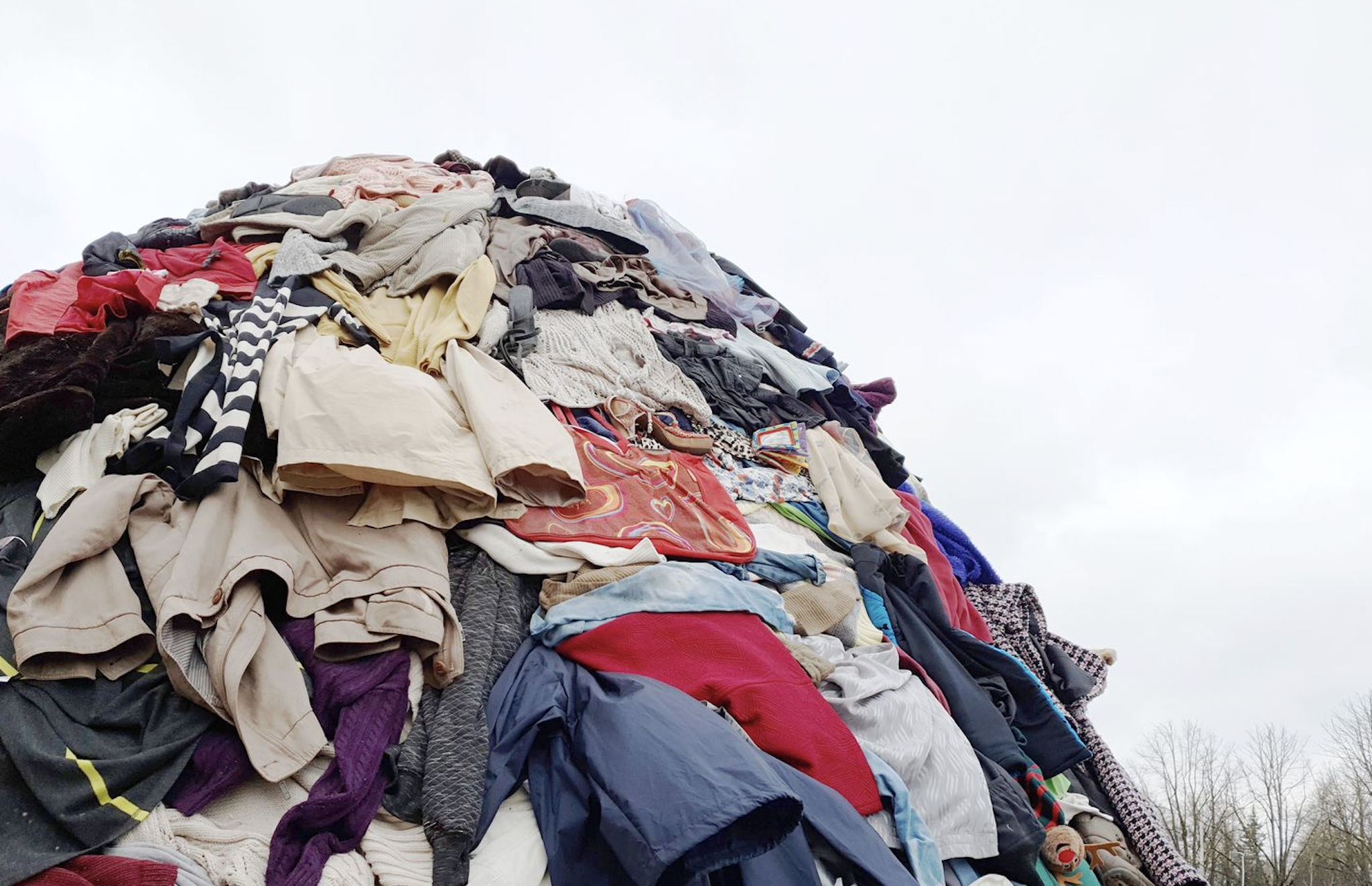By Michael Botti, Year 12
My final interview is with Mr. Jan Dijkstra, Sustainability Lead at Ecolint. Mr. Dijkstra is also the faculty advisor for EcoCREW, the co-creation space for students to work on student-led sustainability projects for community impact.
Mr. Dijkstra, how would you define sustainability and its importance at Ecolint?
Sustainability is best defined as a way of living that pays attention to social, environmental and economic thriving, both for current and future generations. The importance for Ecolint is evident: we serve future generations, as represented by our students. This has never been more the case than today, living in the Anthropocene.
How should Ecolint measure success for sustainability?
Success could be measured in the progress made towards net zero emissions, zero waste events and a lived ethos which allows our students, staff and wider community to live in line with the best insights science and ecology can offer us. In the longer run, success will be measured by the extent to which we can engage with and contribute to regenerative practices.
Which thought leader, organization, book or film has most impacted your thinking on sustainability and why?
Roman Krznaric’s book The Good Ancestor has been very important for its brilliant discussion of how we are currently colonizing the future. This very concept stopped me in my tracks and his further discussion of how the flourishing of future generations could, and should, enter our governance and decision making, has been an ongoing inspiration. Sir Ken Robinson was the first to really make me question what schools are for, or should be about. His brilliant TED talks and books (notably The Element) weave humor with a ruthless analysis of how schools kill creativity. To truly move away from “compliance, conformity and competition” is an ongoing challenge for schools everywhere.
Which sustainability concept or program are you most impressed with and where did you first experience it?
Longtermism, a term coined by Krznaric, is that concept: it allows us to see our current world and operations from the perspective of hundreds of years in the future, which is a rather humbling exercise.
What advice would you offer to students who feel climate anxiety or SDG fatigue?
My advice would be to be very careful about the amount of information you consume from social media – it tends to be one-sided and can lead to a jaded, negative view of what is going on. Granted, reality is complicated, but reducing it to a simpler version will not serve your purposes. When it feels overwhelming sometimes, return to the simplicity of every day actions. Simply do what you can: use public transport, avoid single use plastic and fast fashion, eat with care, being aware of the climate impact of foods, etc. Simply live that every day, so you don’t have to think about that too much and then find, and live, your passion! The future needs all of us, with our very diverse talents and contributions – the more you love life, the more you can contribute!
If you had a magical sustainability wand that would make anything possible, what would you wish for at Ecolint?
That all members of its community would live their passion!
We appreciate your time, Mr. Dijkstra. Any final thoughts you would like to share?
A sense of humor really helps!
Thank you to Mr. Halden, Dr. Hughes, and Mr. Dijkstra for sharing their time and perspectives for our interviews.
If you are interested in reading further about sustainability at Ecolint, the Summer 2023 issue of Echo Magazine features insightful articles on Dr. Hughes (p. 3 and pp. 8-11) and Mr. Halden (p. 12). The new Global Citizenship Education course (p. 15) is also covered and will be introduced at Ecolint in 2024-2025. We will be reporting on Global Citizenship Education and its three key concepts of peace, inclusion, and sustainable development in future LGB Express articles.



